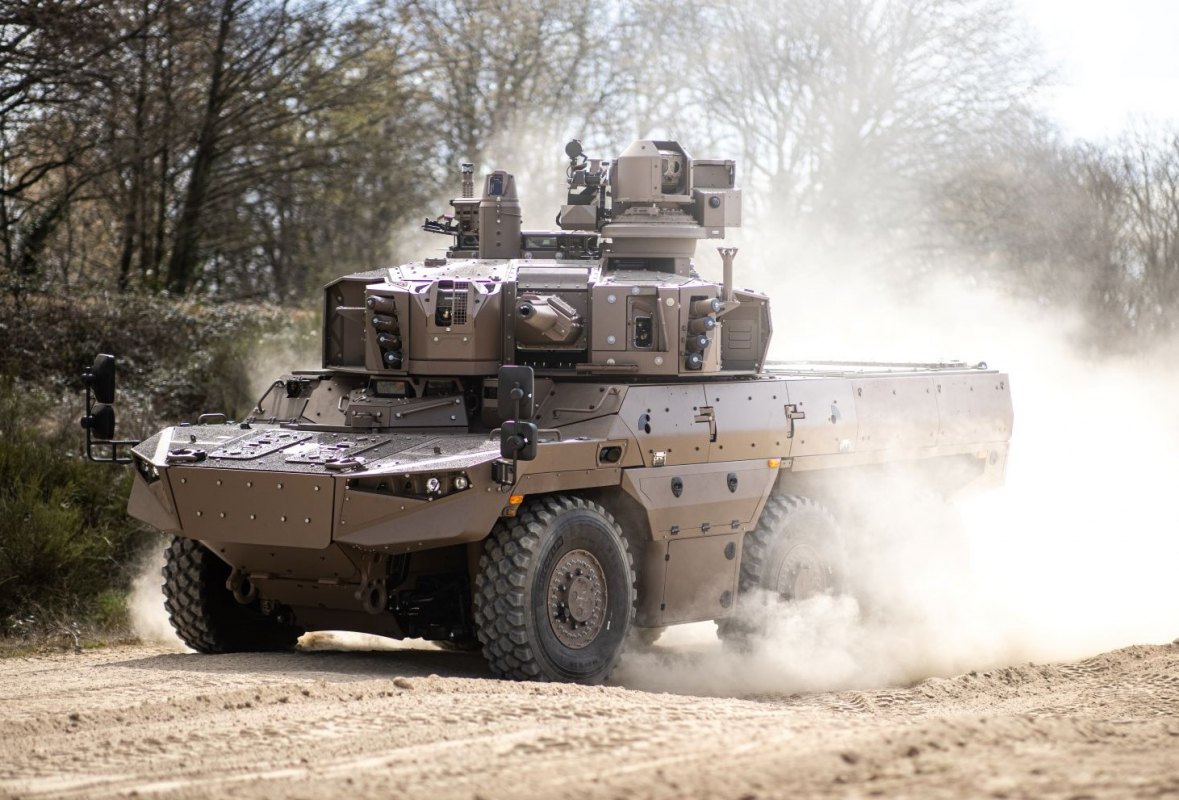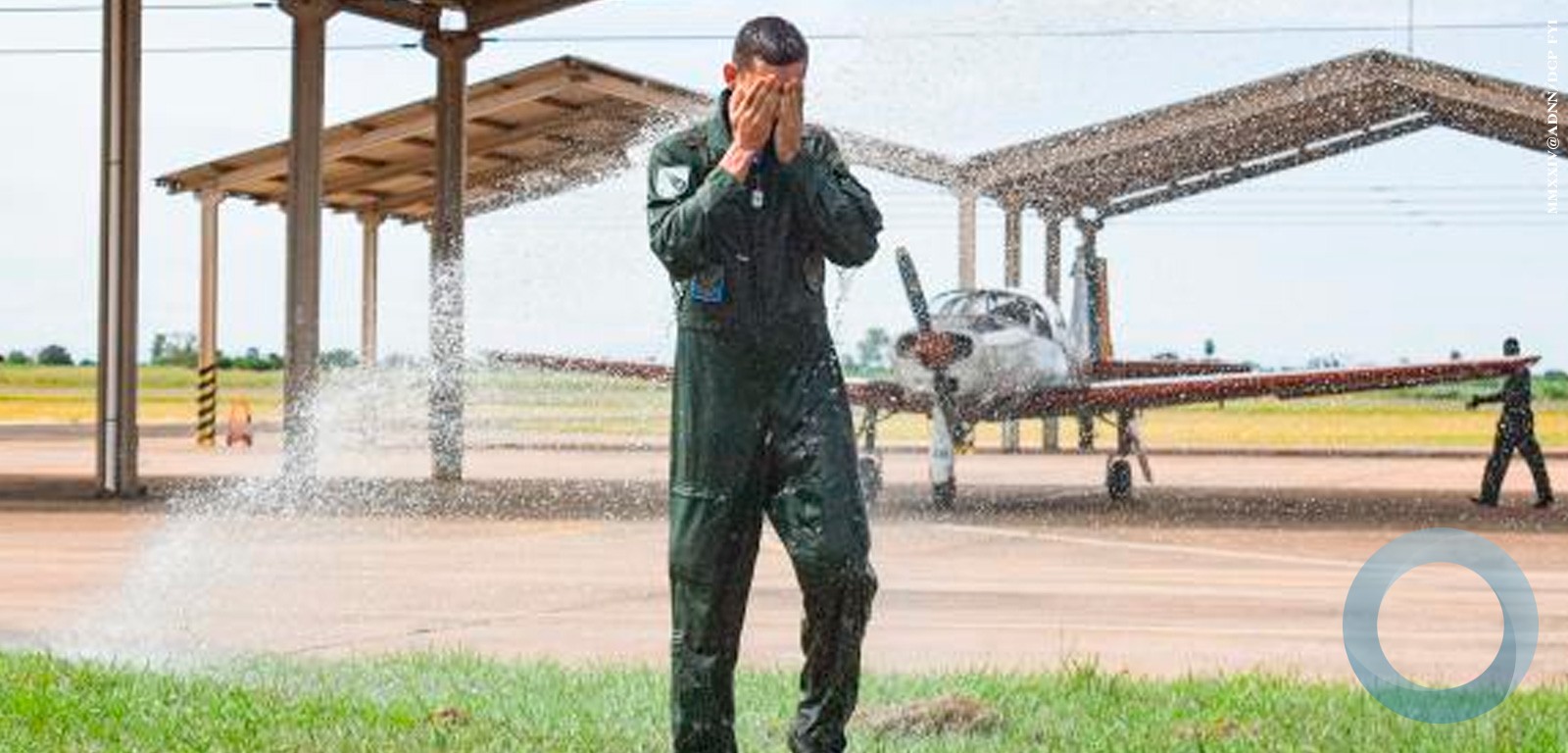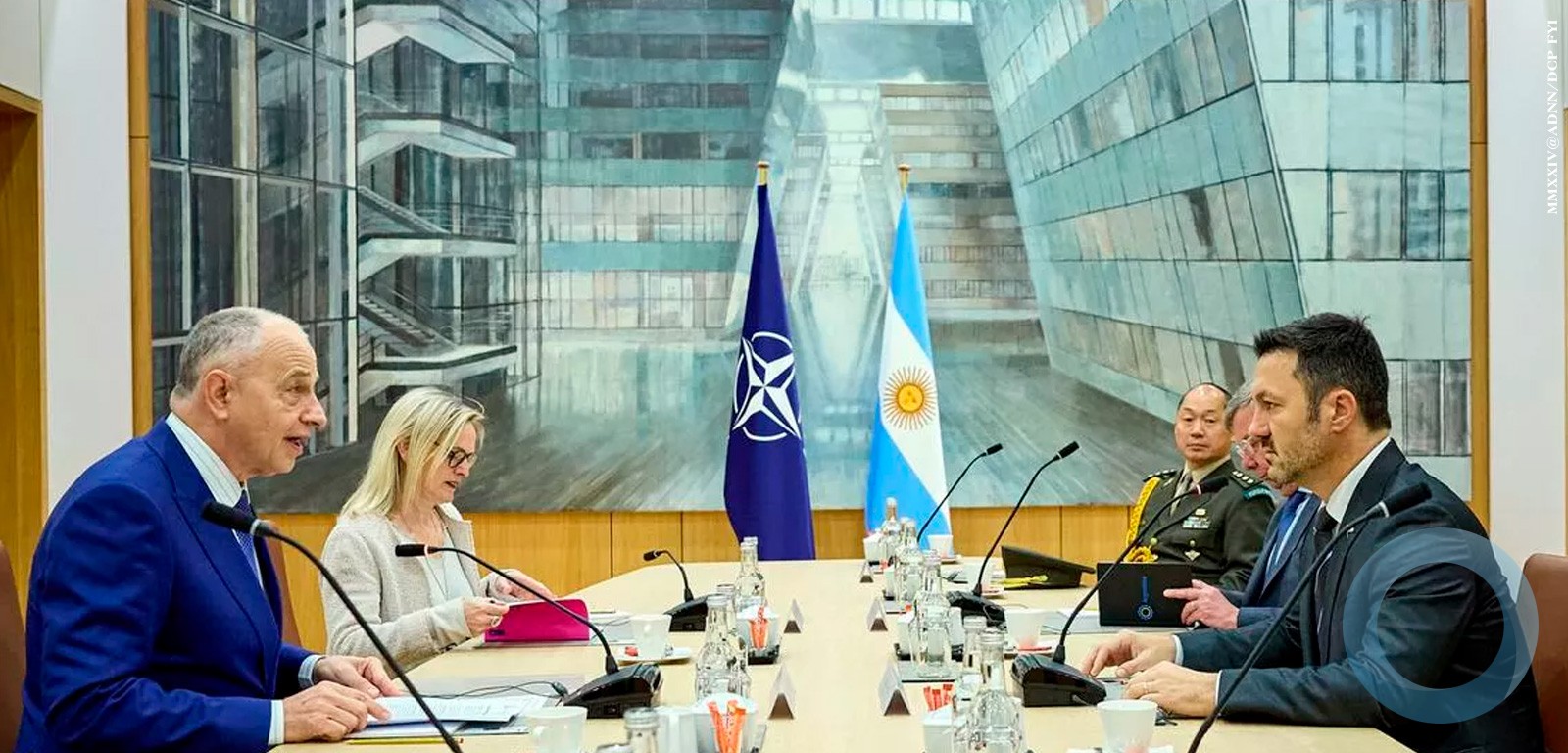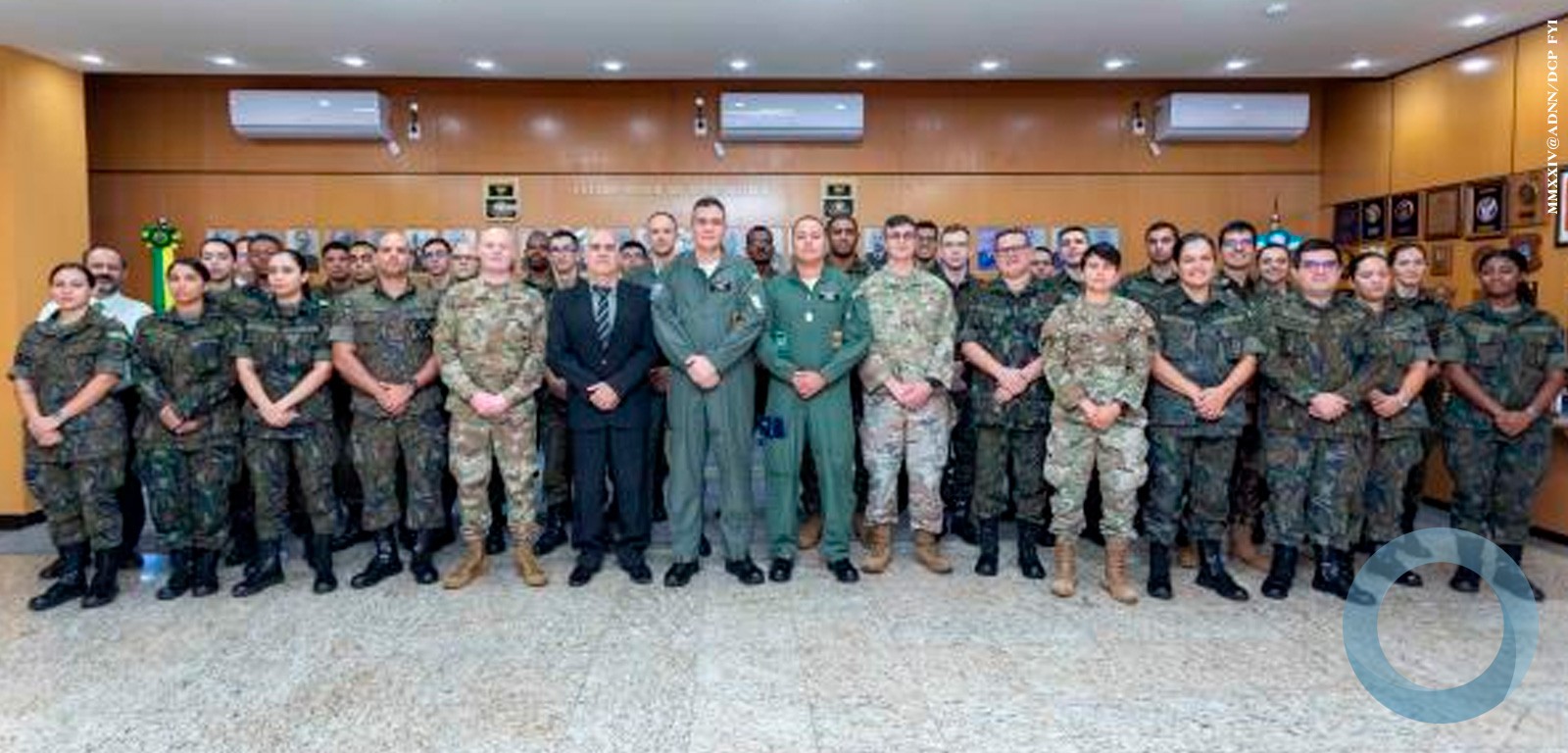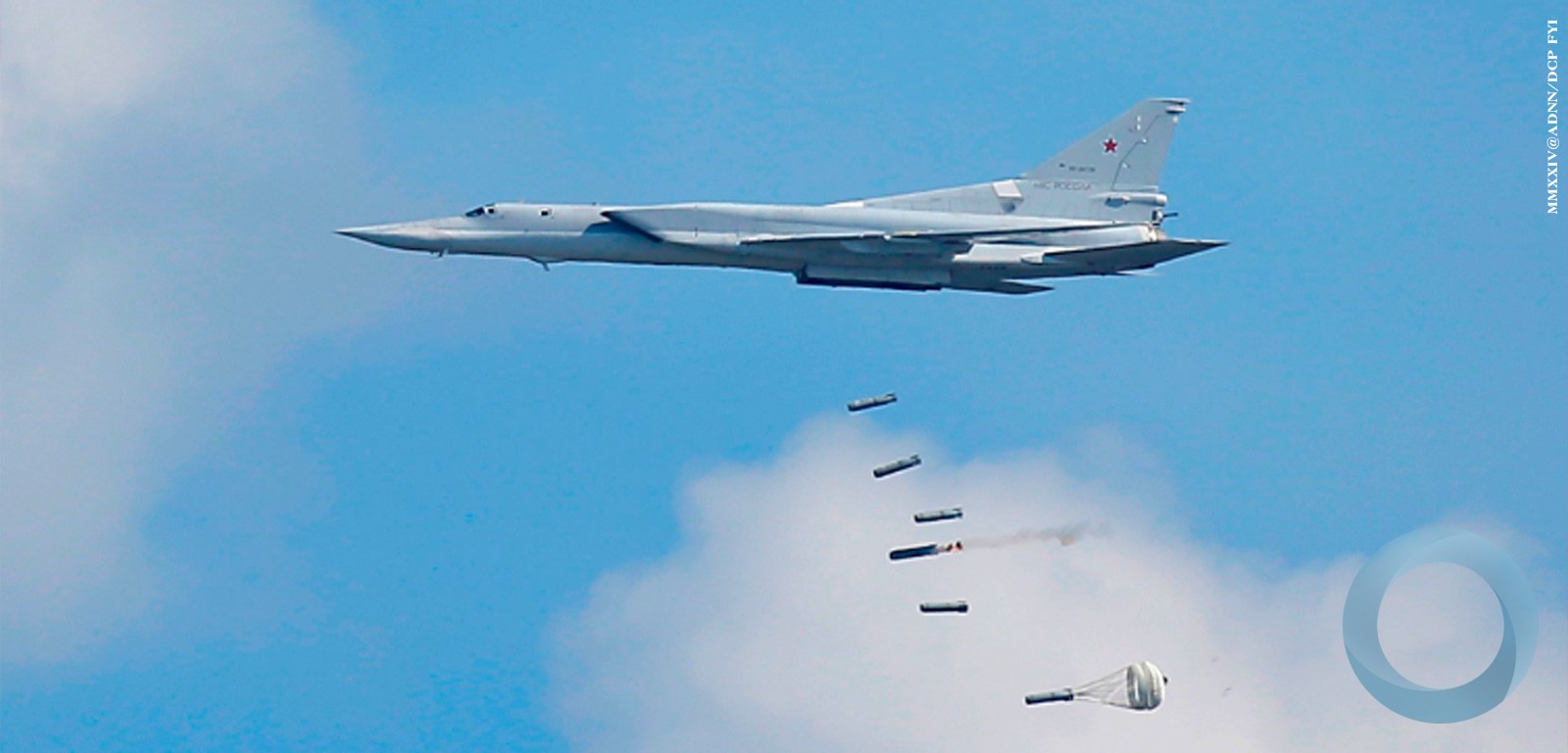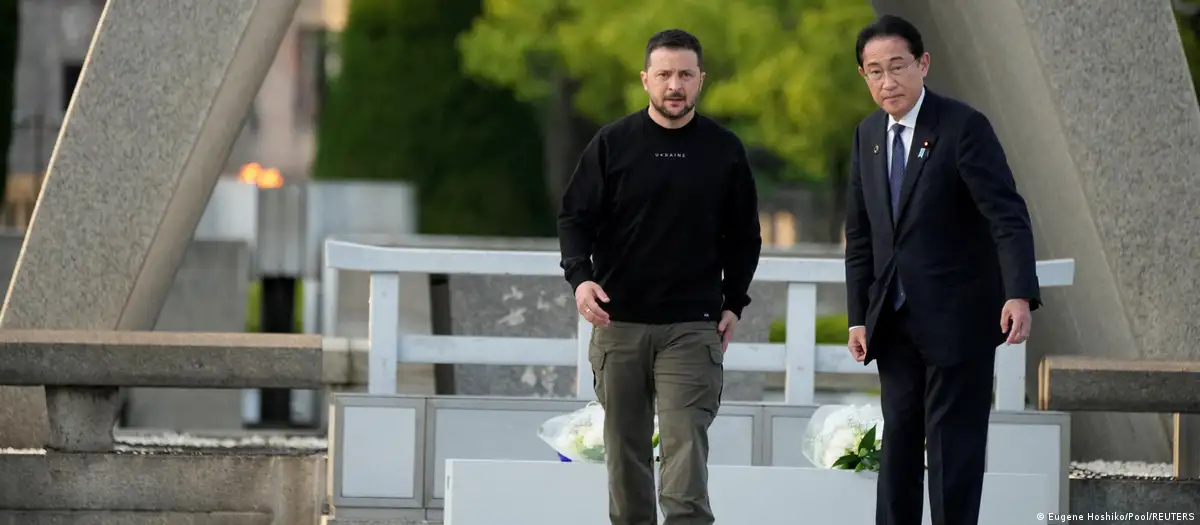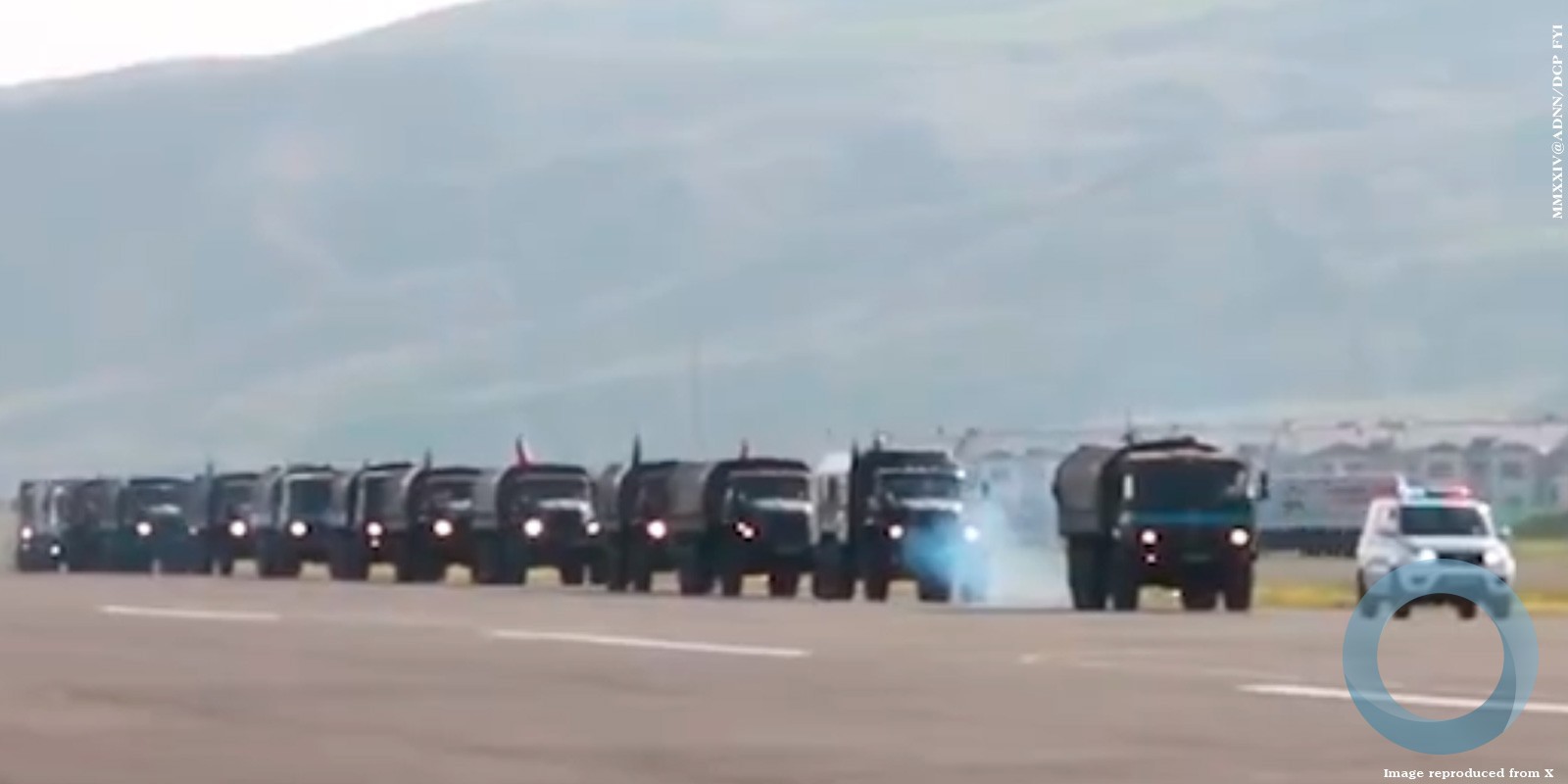Eduardo Szklarz
Argentina is set to buy 24 T-6 Texan II trainer planes from the United States, which will be used in the fight against drug trafficking, as well as for border control and pilot training.
The sale of the planes, whose value is estimated at $300 million, was approved by the U.S. Department of Defense, according to an August 3rd report from the U.S. Defense Security Cooperation Agency (DSCA).
"The Argentine Armed Forces have embarked on an ambitious journey to modernize of their military equipment," said DSCA in the report. "The proposed sale will revitalize Argentine capacities to train its pilots and to carry out border control missions, especially along its porous northern border. The Argentine Air Force will use this improved capacity to renew its corps of pilots, who will have the capacity to deter illicit activity."
The T-6 Texan II is a two-seater turboprop light attack aircraft manufactured by Beechcraft Defense Company, which is based in Kansas. Argentine security experts have stressed the importance of this buy.
"Argentina needs to recover its capacity in terms of military technology," Juan Belikow, professor of International Relations at the University of Buenos Aires, told Diálogo.
"The [T-6 Texan II] planes are very important in training pilots for operational conditions," added the expert. "Restoring our technical capacity and modernization are two absolutely fundamental components for the country."
The fight against drug trafficking
In addition to training pilots, the T-6 Texan II planes will be a fundamental part of border control and the fight against drug trafficking.
"Argentina is a natural port of departure for marijuana coming from Paraguay and cocaine coming from the Andean nations," said Belikow, commenting that drugs depart from the Atlantic coast of Argentina and either go to Europe directly or through Africa.
"Add to that the penetration of methamphetamines from China that come via countries on the Pacific coast now," added Belikow. "In this sense, it is very important for Argentina to restore control over its airspace, since much of the trafficking occurs by air."
According to the DSCA, the sale transaction for the planes includes replacement parts, communication and support equipment, technical services, life support systems, initial maintenance training, and initial pilot training.
Stronger bonds between the U.S. and Argentina
The acquisition of the 24 T-6 Texan II aircraft highlights the growing cooperation between Buenos Aires and Washington on matters of security.
In its report, the DSCA affirms that the sale adheres to U.S. foreign policy and national security, helping to improve the security of an important non-NATO (North Atlantic Treaty Organization) ally.
"This potential sale will provide additional opportunities for bilateral commitments and to strengthen the U.S.-Argentine relationship even more," added the DSCA.
The Argentine authorities would have been informed of the sale's approval by U.S. Secretary of State John Kerry during his official visit to Buenos Aires on August 4th, according to a report in the local press.
During his visit, Kerry and Argentine Chancellor Susana Malcorra discussed new efforts at cooperation in security and peacekeeping matters. "One of the priorities is combating organized crime and drug trafficking," affirmed Kerry during a press conference.
Another sign of the renewed relationship between the two countries was the visit of U.S. President Barack Obama to Buenos Aires in March. President Obama and his Argentine counterpart, Mauricio Macri, signed cooperation agreements for the fight against terrorism and drug trafficking.
A few weeks earlier in February, the Argentine Minister of Security, Patricia Bullrich, met in Washington with the head of the U.S. Drug Enforcement Administration (DEA), Chuck Rosenberg, to strengthen their mutual collaboration.
"The DEA is very pleased that the U.S. and Argentina are able to rebuild their relationship," affirmed Rosenberg, according to the Argentine newspaper La Nación. "Your country can learn from us, and our country can learn from you."









